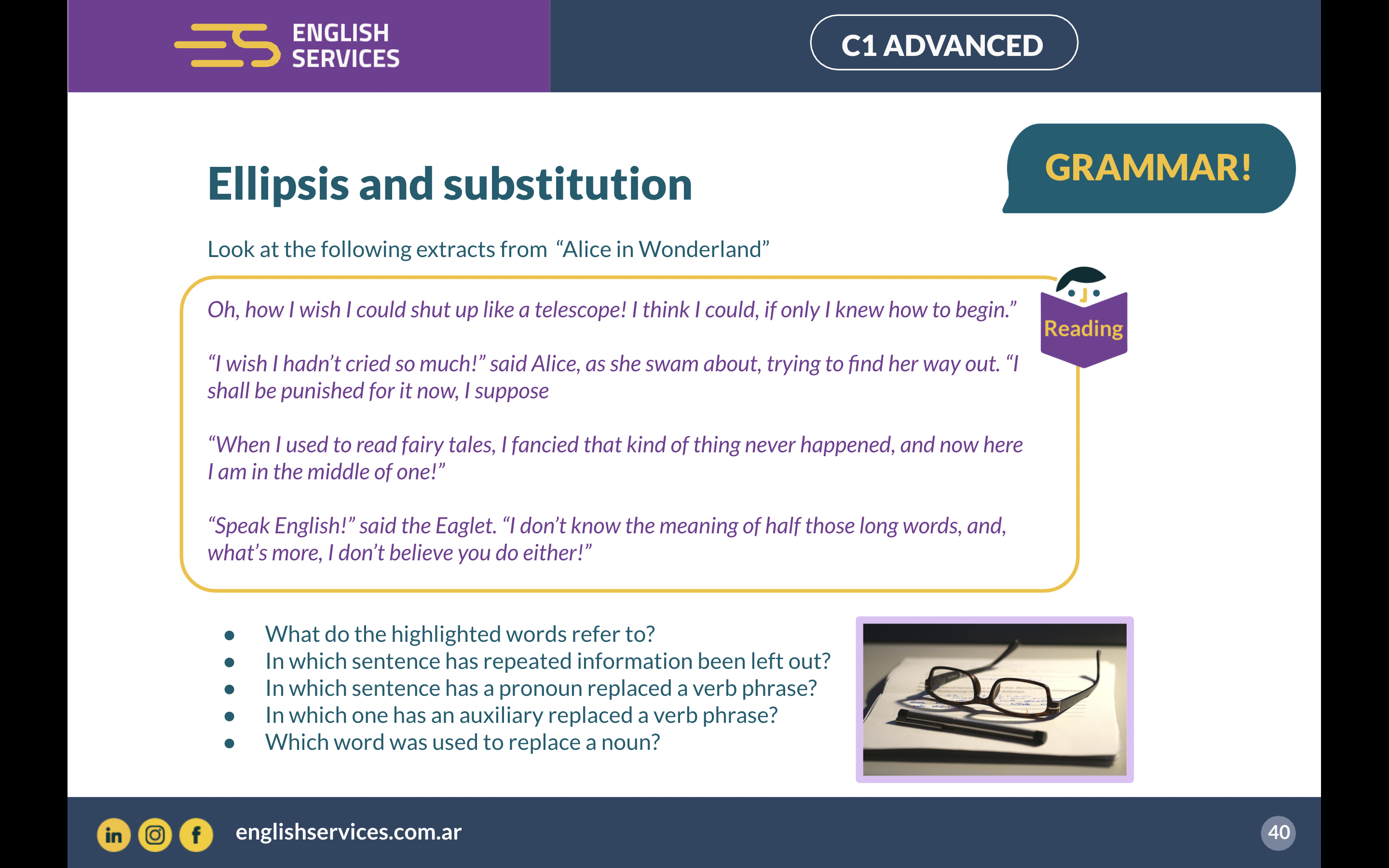Your level of English is constantly under scrutiny: university admissions, job searching, business meetings, and giving presentations. Different people seek to polish their English skills for different reasons. No matter the case, thinking about becoming certified by one of the major, internationally known testing organizations comes to mind at least once in your language learning journey. Should you become certified by an English proficiency institution? Further, should you continue taking your in-company English courses after you pass my exam?
English Exams vs In-company English Courses
Becoming certified in English is a process that usually takes many years of practice. More than learning how to maneuver the language in everyday situations, preparing for English exams require learning how the exam works, and what exactly you’ll be tested for. Much time is dedicated to the test itself instead of actually practicing the language for personal gain.
In-company English courses, on the other hand, specifically prepare you for professional growth. You learn about topics like negotiation, the future of work, management and leadership, case studies, and many more. Additionally, your teachers are usually open to helping you with actual presentations, reports, and English-focused work.
To Test or Not to Test: What’s Most Important to You?
Nevertheless, many university admissions and jobs require an Exam proficiency certificate. If that’s the case, preparing for the exam is undoubtedly necessary. Depending on the requirement, the TOEFL, the IELTS, the CAE, and the CPE are your main options for test-taking. They’re all different in their own ways.
If you need help closing deals in English at work, pitching products and services, or increasing sales goals, you’re much better off taking online in-company English courses.
In-company English Courses at English Services
Methodologies
Here are a few of our trusted methodologies we either implement in our lesson plans, or that some of our instructors are certified in to add spark to our lessons.
Points of You®
“A cornerstone of the Points of You® method is the interaction between the right brain, the intuitive and emotional half of the brain, and the left brain, focused on logic and analysis. This occurs when we look at a photograph and a word at the same time. The photograph stimulates our right, creative, brain while the word activates the left, analytical, brain. The simultaneous stimulation of the two brain hemispheres creates a struggle between the emotional and the rational, momentarily ‘shorting out’ the vigilant defense mechanisms of our mind. This ‘deliberate confusion’ gives the mind a short respite from our preconceived ideas on how things ‘should’ or ‘ought’ to be, and allows our mind to open up to new places inside ourselves, shifting our point of view.” – Points of You®
Gamification
Gamification is used to increase participant interaction. It implicates adding game mechanics into typically non-game environments like learning a new language.
Here are some examples of gamification used in marketing:
LEGO® Serious Play®
According to Seriousplay.training, “The LEGO® SERIOUS PLAY® method (LSP) is a facilitated thinking, communication, and problem-solving technique for use with organizations, teams, and individuals. It draws on extensive research from the fields of business, organizational development, psychology, and learning, and is based on the concept of ‘hand knowledge’.”
Preview of Our In-company Lesson Plans
Our lesson plans are filled with both classic learning techniques and modern methods. That way, you’re well prepared for the future of work, both in your native language and in English.

Visit our contact page to sign up for our in-company English courses.
